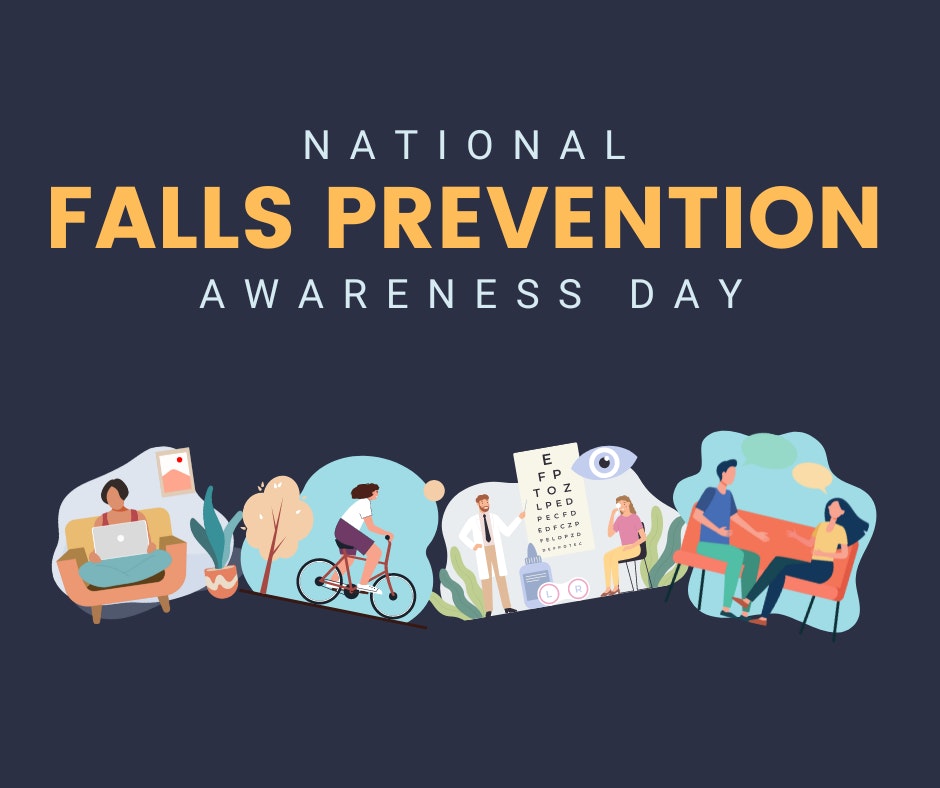
With changing temperatures come seasonal hazards, so we wanted to pass along some tips to help keep you and your loved ones safe and injury-free:
- Watch your step: Be cautious when walking on wet or slippery surfaces, especially after rain or when leaves accumulate. Walking at a slower pace and taking smaller steps will help you maintain stability.
- Clear your paths: Keep your sidewalks and driveways clear of leaves, debris, or potential obstacles. Regularly sweep or rake them to prevent accidents for yourself and others in your neighborhood.
- Wear appropriate footwear: Choose footwear with good traction and non-slip soles. Avoid high heels or shoes with smooth bottoms that may increase the risk of slipping.
- Proper lighting: As the days grow shorter, ensure that outdoor areas are well-lit to improve visibility during the evening and early morning hours.
If you or someone you know has suffered injuries due to a slip and fall incident, don’t hesitate to reach out. Our attorneys specialize in personal injury law and can provide guidance and support in navigating legal matters related to claims like these and others.
Even if you’re not sure an accident was a “slip and fall,” call our office. We have attorneys happy to listen and offer their expertise.









